Young children are regularly engaging with media in their homes, schools, and outside of school experiences including museums and libraries. All of these environments offer an opportunity to support and develop young children’s media literacy skills. However, there is a lack of consensus about what media literacy education for young children means and includes, what media literacy experiences in both informal and formal early childhood settings should look like, and how to empower parents and other adults as media literacy role models and mentors.
The Media Literacy in Early Childhood Report is a result of needing a consensus view of media literacy in an early childhood framework.
The TEC Center at Erikson Institute in partnership with the National Association for Media Literacy Education (NAMLE), the Association for Library Service to Children (ALSC), and the Association of Children’s Museums (ACM) was awarded a grant by the Institute of Museum and Library Services (IMLS) in 2018 to host two national forum meetings to discuss media literacy in early childhood with experts and practitioners with the objective of developing materials to support the understanding and teaching of media literacy in early childhood. This report is a direct result of the support provided by IMLS and the lessons learned through these two national forum meetings held in 2019.
The intention of this report is to utilize media literacy, child development, and early education efforts to propel media literacy in early childhood efforts by developing education materials and advocating for support at micro-, meso-, and macro-level impacts of a young child’s life.
Be sure to read about our 2020 Media Literacy Report.
For the purposes of this Media Literacy in Early Childhood Report, TEC Center utilized aspects of NAMLE’s definition in a new definition which highlights unique aspects of media literacy that are relevant and important during early childhood including comprehension, engage, and explore, but are still aligned with NAMLE’s definition for older children in order to provide a continuum. The media literacy in early childhood definition used after the National Practitioners Forum and throughout this report is as follows:
Media Literacy in Early Childhood is the emerging ability to access, engage, explore, comprehend, critically inquire, evaluate, and create with developmentally appropriate media.
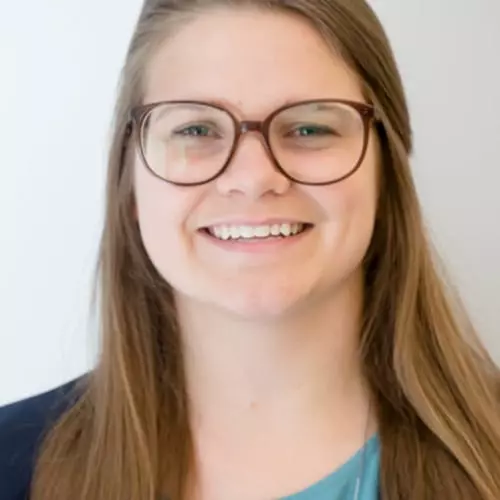
Jenna Herdzina is the Program Manager of the Technology in Early Childhood Center at Erikson Institute. Jenna’s work focuses on connecting policy and research to practice for the adults in children’s lives. She is passionate about understanding how technology and media platforms impact early civic identity development. Jenna served as a Project Manager and Policy to Practice Intern with the TEC Center, advocating for technology use with children and families to be culturally and socio-economically sensitive and inclusive. Previously, Jenna was the Early Childhood Education Policy Intern at Latino Policy Forum where she participated in local, state and national ECE advocate workgroups focusing on state accountability and EL components of ESSA, preschool suspensions and expulsions, Illinois Children’s Cabinet project, and ECE Workforce Development. Jenna has worked with children and families for over a decade in a variety of settings including early childhood education centers, a crisis nursery, and a hospital. Jenna earned her Master’s in Child Development from Erikson Institute.
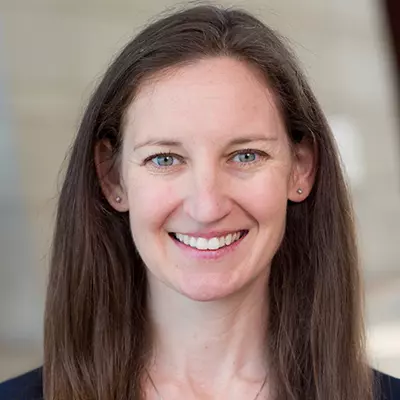 Alexis R. Lauricella is an Associate Professor at Erikson Institute and Director of the Technology in Early Childhood Center at Erikson Institute. Dr. Lauricella earned her Ph.D. in Developmental Psychology and her Master’s in Public Policy from Georgetown University. Her research focuses on children’s learning from media technology and parents’ and teachers’ attitudes toward and use of media technology with young children. Recent publications include empirical research articles in Journal of Applied Developmental Psychology, Journal of Children and Media, Media Psychology, Journal of Early Adolescence, Journal of Infant Behavior and Development, New Media and Society, Computers and Education, Public Health, and multiple reports Northwestern University’s Center on Media and Human Development, as well as for the Fred Rogers Center and Common Sense Media. Dr. Lauricella is also the founder of www.PlayLearnParent.com, a website that translates child-development research for parents.
Alexis R. Lauricella is an Associate Professor at Erikson Institute and Director of the Technology in Early Childhood Center at Erikson Institute. Dr. Lauricella earned her Ph.D. in Developmental Psychology and her Master’s in Public Policy from Georgetown University. Her research focuses on children’s learning from media technology and parents’ and teachers’ attitudes toward and use of media technology with young children. Recent publications include empirical research articles in Journal of Applied Developmental Psychology, Journal of Children and Media, Media Psychology, Journal of Early Adolescence, Journal of Infant Behavior and Development, New Media and Society, Computers and Education, Public Health, and multiple reports Northwestern University’s Center on Media and Human Development, as well as for the Fred Rogers Center and Common Sense Media. Dr. Lauricella is also the founder of www.PlayLearnParent.com, a website that translates child-development research for parents.

The Association for Library Service to Children (ALSC) is the world’s largest organization dedicated to the support and enhancement of library service to children. Driven by its national membership, 13 member Board of Directors, and 8 full-time employees, ALSC is a dynamic force for positive change. From creative programming and best practices to continuing education and professional connections—ALSC members are innovators in the field of children’s library service. ALSC’s network includes more than 4,000 children’s and youth librarians, children’s literature experts, publishers, education and library school faculty members, and other adults dedicated to engaging communities to support ALSC’s vision to build healthy, successful futures for all children. Aimee Strittmater, Executive Director and Angela Hubbard, Program Officer, Projects and Partnerships led ALSC’s work with additional support provided by Alena Rivers, Deputy Director.
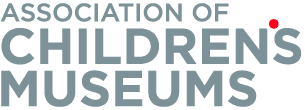
The Association of Children’s Museums (ACM) champions children’s museums and supports 450 members in 48 states and 20 countries with professional development programs, publications, and other resources. Children’s museums are cultural institutions committed to serving the needs and interests of children by providing exhibits and programs that stimulate curiosity and motivate learning; more than 31 million people annually visit a children’s museum. Started in 1962, ACM provides leadership, professional development, advocacy, and resources for its member organizations and individuals. Victoria Garvin, Sr. Director, Professional Development led ACM’s work, with additional support provided by Laura Huerta Migus, Executive Director.
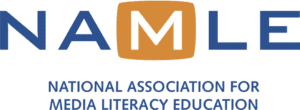
The National Association for Media Literacy Education (NAMLE) is a professional association for educators, academics, activists, and students with a passion for understanding how the media we use and create affects our lives and the lives of others in our communities and in the world. The NAMLE mission is to help individuals of all ages develop the habits of inquiry and skills of expression that they need to be critical thinkers, effective communicators and active citizens in today’s world by expanding the practice of media literacy education around the country. NAMLE’s vision is to see media literacy be highly valued by all and widely practiced as an essential skill for the 21st Century. Michelle Ciulla Lipkin, Executive Director and Tony Streit, NAMLE Board of Directors President led NAMLE’s work on this project.
We thank the Institute of Museum and Library Services, Grant # LG-98-18-0052-18, for their support of this project and our Grant Partners the Association for Library Service to Children (ALSC), Association of Children’s Museums (ACM), and the National Association for Media Literacy Education (NAMLE) for their help in organizing and supporting these two important national forums and the writing and editing of this Media Literacy in Early Childhood Report.
We send a special thanks to Lisa Guernsey (New America), Faith Rogow (Insighters Education Consulting), Felipe Pena III (Children’s Museum of Brownsville) for their help reviewing and editing this report.
Finally, we also thank Katie Paciga (Columbia College Chicago) and Colleen Wilson (Erikson Institute) for supporting these two meetings by taking detailed notes and providing administrative support.
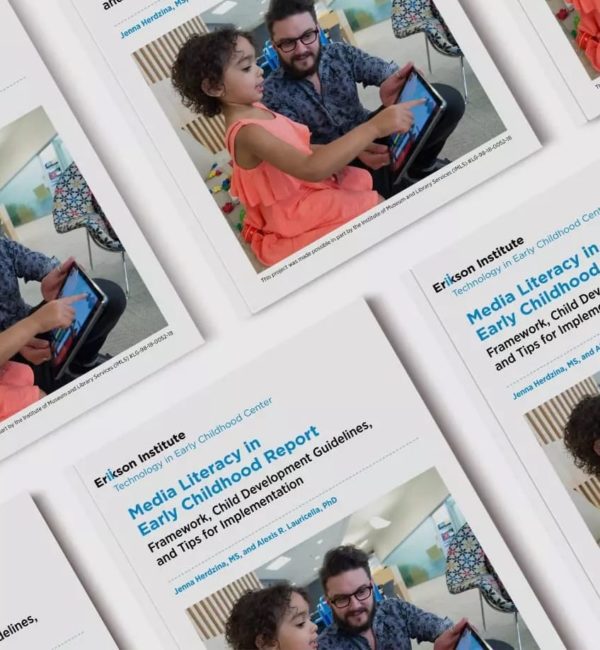
Join the Erikson family with monthly news + events updates shared by academics, community members, and families.